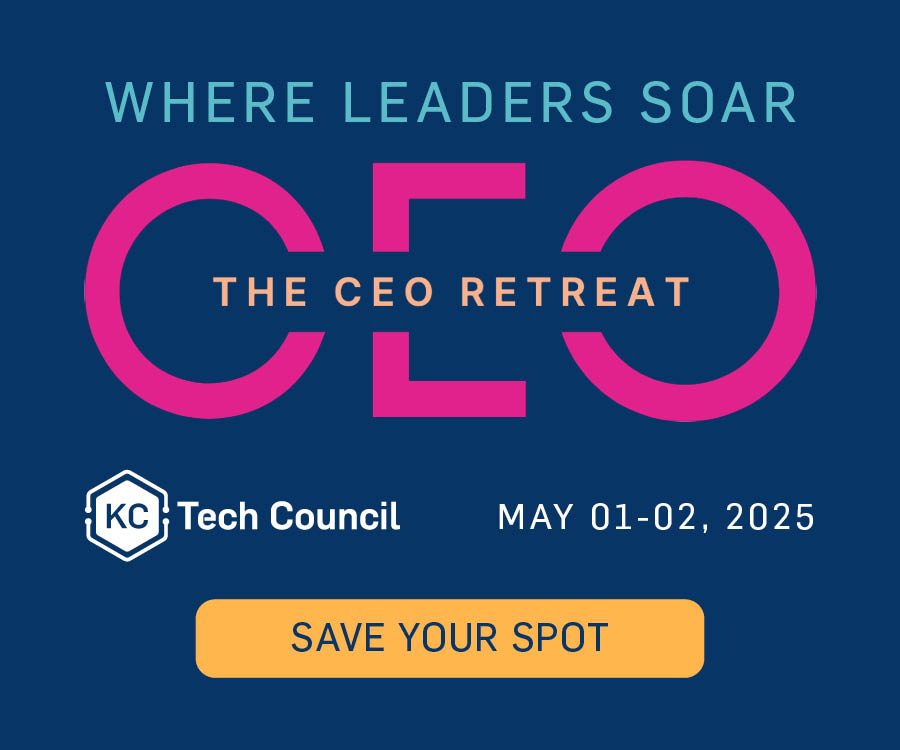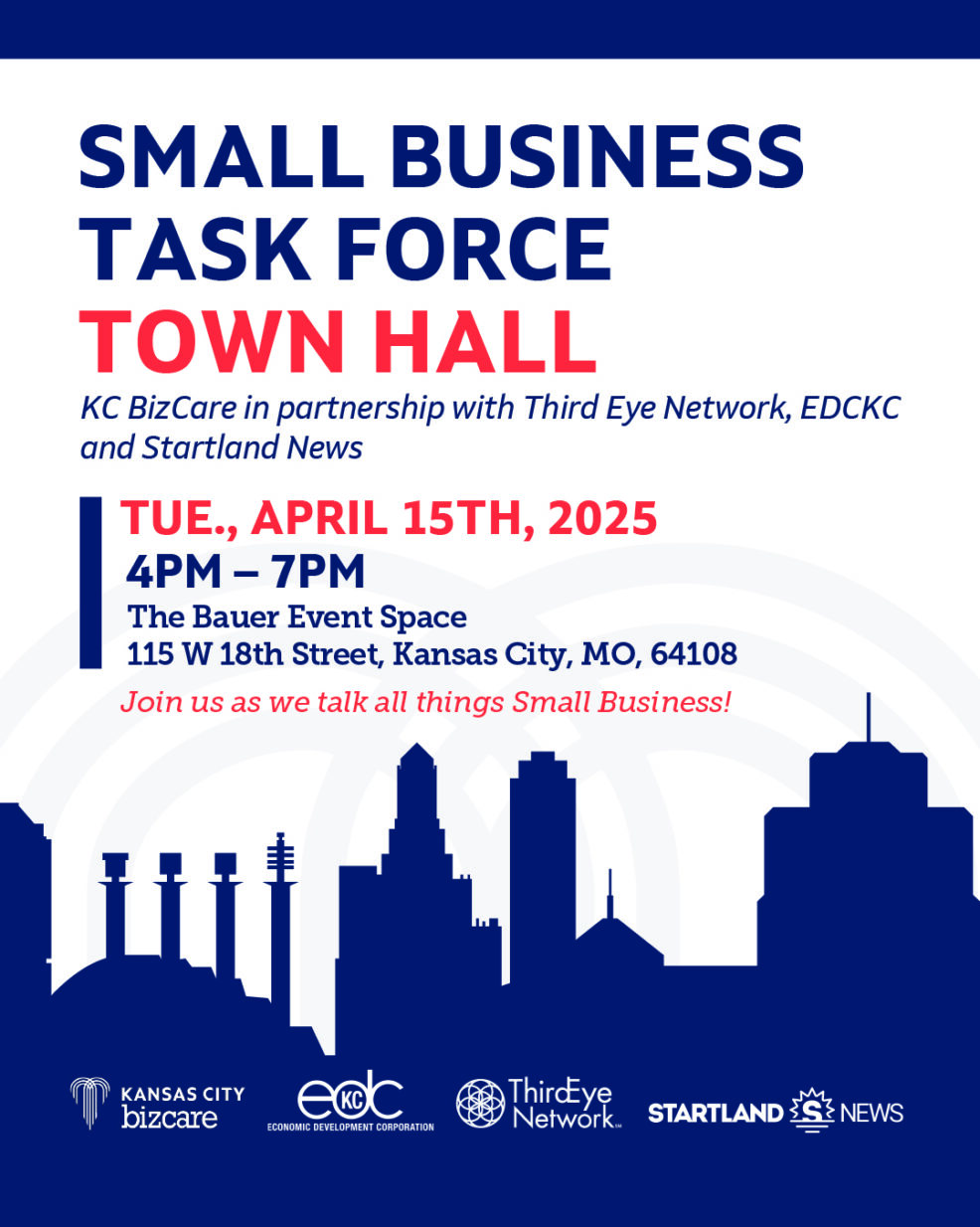Editor’s note: Jon Kohrs is the leader of two corporate startup teams, driving innovation and intrapreneurship at Damascus Edge. The opinions expressed in this commentary are the author’s alone.
There are several established Kansas City companies “going startup.”

Jon Kohrs
Faced with startup competitors disrupting their industries, they’ve had to ask themselves how to remix the power of corporate assets with the agility of a startup.
For many of them, the answer is to create teams within the company that can function like a startup.
Being like a startup is very different from being a startup
Are you in a corporate startup team that has gone all-in, deputized to be lean and fast? Perhaps you volunteered for this new life, or you were hand-picked to be part of the corporate startup experiment. Regardless, your old cubicle, your past performance review, your old boss and the corporate slide deck are no more.
For those of you in this pseudo corporate/startup marriage, you’re not alone. We’re faced with different challenges than our startup brethren. We’re not just working like a startup, rather we’re often times working against the corporate culture to save the company itself, our fellow employees and the shareholders.
After talking to a friend working in a local corporate startup team, she talked about her biggest challenge adjusting to the startup-like lifestyle.
“When does our team go forward? And when do we stop?”
We in corporate America constantly have work assigned to us. The decision to stop doing this work is typically out of our control. We keep moving forward, rewarded on our individual output. Regular performance plans to see if we’re “on track,” weekly status meetings, annual objectives and goals, defined job descriptions, annual raises or bonuses and countless other perks keep us operating as cogs in the machine.
Sometimes “moving fast” requires that your team stop.
“Corporate doing” is a hard habit to break. It’s an even harder habit for an entire team to break — especially when success is dependent on not only moving forward, but stopping to adjust direction when your experiment doesn’t work or your assumptions were just dead wrong. You have to stop and refocus before your team’s time, cash and reputations are gone.
“We’re in a startup now, we have to go fast.” I — like many of you — have said these exact words. Fast becomes a word imbued with a new corporate meaning, part speed and part survival. A blend of both going forward into the unknown, but also stopping when there’s little chance we’ll create real value.
The problem is that acting like a startup, but working like a corporation, doesn’t always lead to fast. Going fast returns us to the corporate culture of “habitual doing,” implementing systems to track daily progress, incenting goal-driven behavior and creating arbitrary milestones.
So how do we stop moving?
I’ll give you the same answer I gave my startup friend. Startups are a team sport and so too is the act of stopping. Only your team can decide how to create a culture of stopping.
As a corporate startup, we’re constantly putting together products. How often should we reward stopping? How often should we talk about our decisions to stop, instead of how much we’re accomplishing?
Here are two experiments I’m trying to encourage team stopping.
- Scrumming successfully – What did you do yesterday? What are you doing today? Is what you’re doing today valuable to the success of our venture? Asking this last question forces the team to stop to evaluate team activity, instead of falling into the trap of constant activity that seems like progress.
- Lower the bar – Forget stretch goals. Are you trying to activate a new customer? Or get more signups for your app? Don’t set stretch goals that encourage the team to keep striving forward. Expect to fail at everything you try. And set bars that clearly communicates to everyone “we failed” and it’s time to stop and try something new.
There are so many intrapreneurial teams in the same startup boat together.
I’d love to hear what you’re trying and hope that we as a community can talk about how we stop together.
Jon Kohrs is chief innovation officer for Damascus Edge and founder of Fresh Eggs. He works in user experience design in public policy and infrastructure sectors. Once a band geek, twice a father and forever a Wildcat, Kohrs was farm-raised in rural Kansas and is now rooted in Kansas City.







































